
How can NGOs help communities to govern their forests?
Community forest management can contribute to local development, while playing an important role in the protection and restoration of the world’s forests — crucial to tackle the global biodiversity and climate crises. The success of community forest management is influenced by the functioning of community-level governance arrangements. What role can the NGOs play in supporting and strengthening community-level governance?
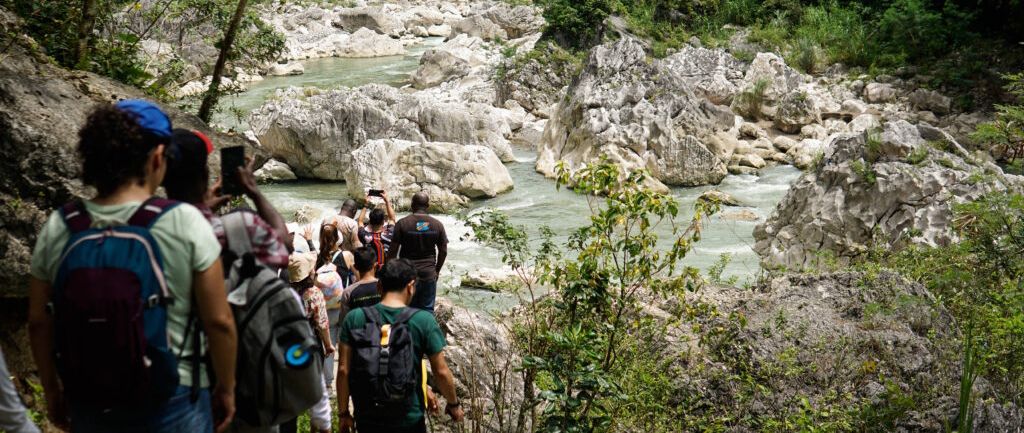
GLA visits Dumagat-Remontado ancestral domain in Rizal, Philippines
Representatives of the consortium partners of the Green Livelihoods Alliance (GLA) trekked through the Tinipak River and Rock Formation in the Sierra Madre mountain range in Rizal province, Philippines last 18 September 2023 as part of a visit to the ancestral domain of the Dumagat-Remontado indigenous group.
The GLA representatives traveled to the Philippines to a conduct a Mid-Term Review from 19 – 21 September 2023 in Antipolo, Philippines (west of Manila).

From and for youth: Young leaders from the Amazon outline their priorities
After participating in a youth exchange in June 2023 youth leaders from the Amazonia in Bolivia, Colombia and Suriname proposed three strategic actions to be included in programmes in the region. The actions relate to knowledge, inclusion and incidence, and well-being.
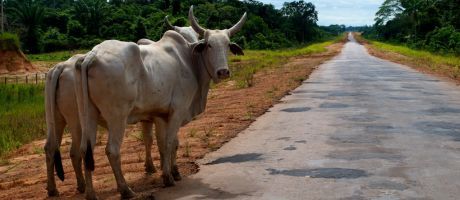
Meat giant JBS plans IPO via Dutch parent company
Meat company JBS intends to list shares on the New York Stock Exchange via a dual listing under a Dutch parent company. Together with 16 other NGOs, we warn investors about the harm JBS causes to people, the climate, and the environment.

Malaysian timber giant drops lawsuit against SAVE Rivers
Two years after Malysian timber giant Samling filed a defamation lawsuit against Indigenous grassroots organization SAVE Rivers, the logging company has dropped the case on 18 September. The lawsuit, scheduled for trial the same day at the Miri High Court, was canceled after a last minute settlement.
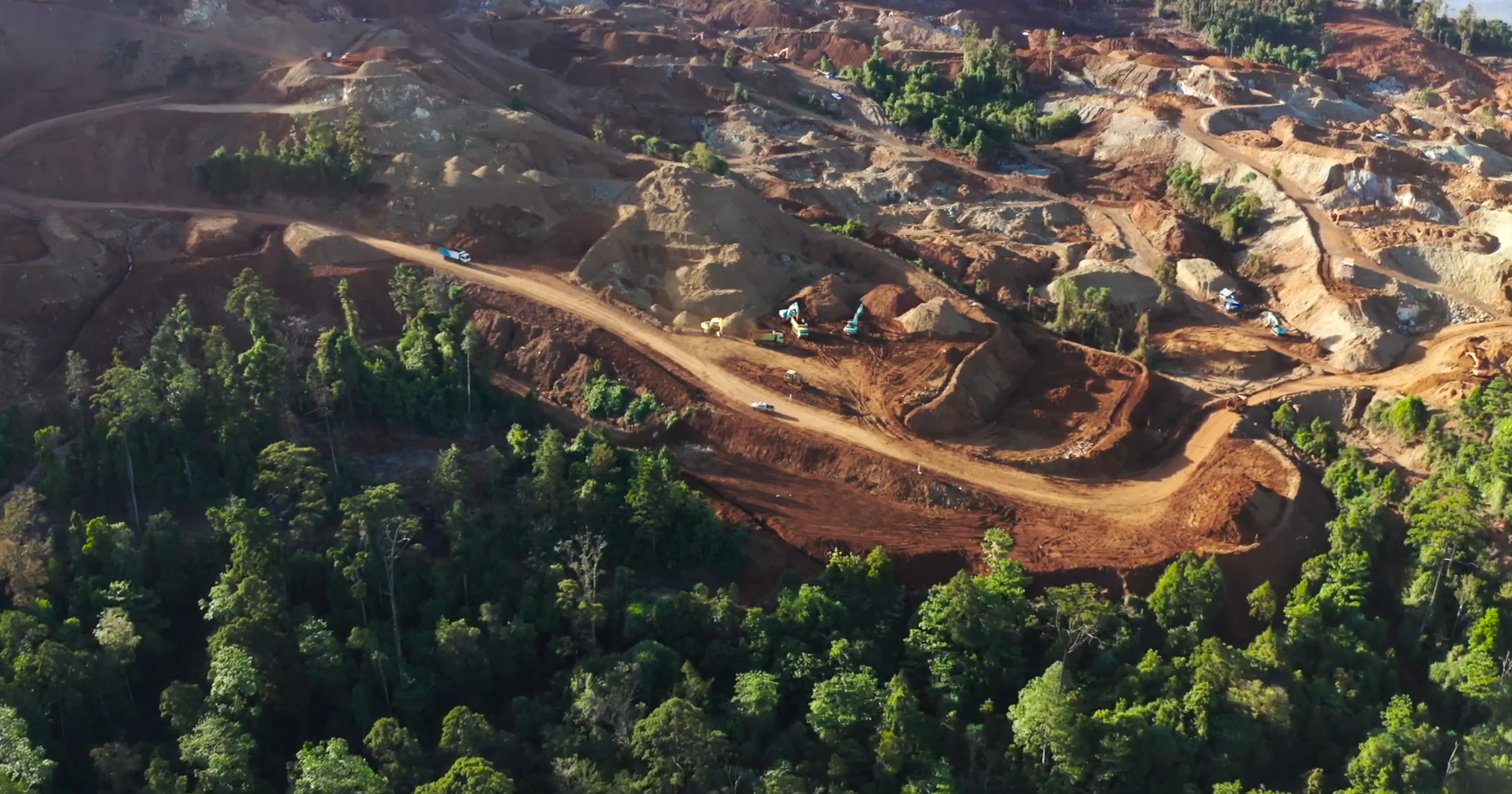
Nickel mining for energy transition could destroy unique Indonesian forest
The energy transition requires huge amounts of minerals and metals, which are used, for example, in batteries and solar cells. Due to the increasing demand for nickel for rechargeable batteries, Indonesia’s Tompotika peninsula on the island of Sulawesi is threatened by mining. This would be at the expense of tropical forests and coastal ecosystems, such as coral reefs, which in turn are crucial for addressing the climate, water and biodiversity crisis. The Alliance for the Tompotika Conservation (AlTo) and IUCN NL co-produced a video to tell the story of Tompotika.
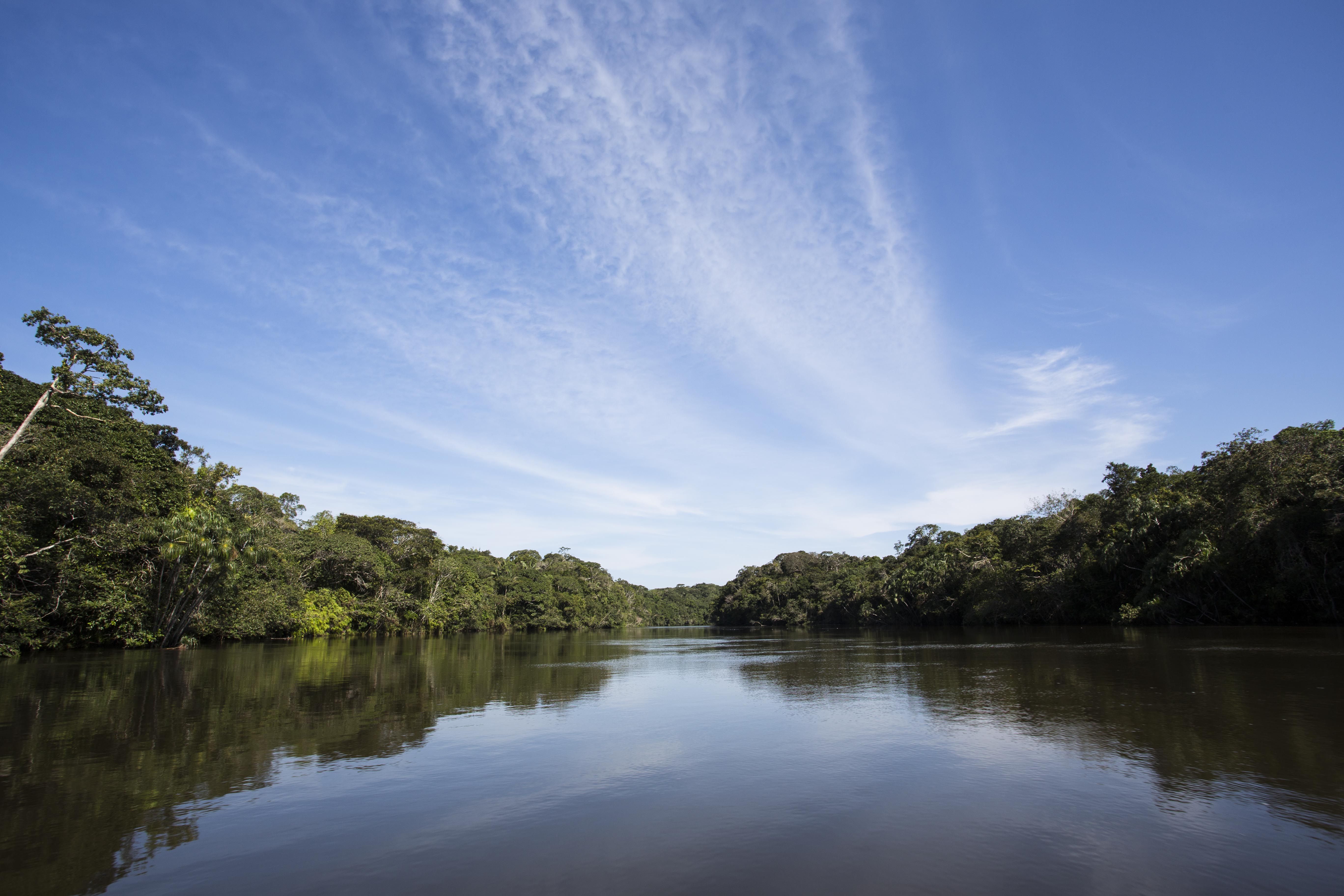
Indigenous governments participated in an intercultural dialogue with Colombia’s Constitutional Court to discuss the effects of mercury pollution associated to illegal mining in their territories
The Court convened the dialogue after a long legal battle held over 20 years. Gaia Amazonas participated with the intention of promoting the opening of civic space by providing legal advice and helping prepare all the necessary materials for the conversation.
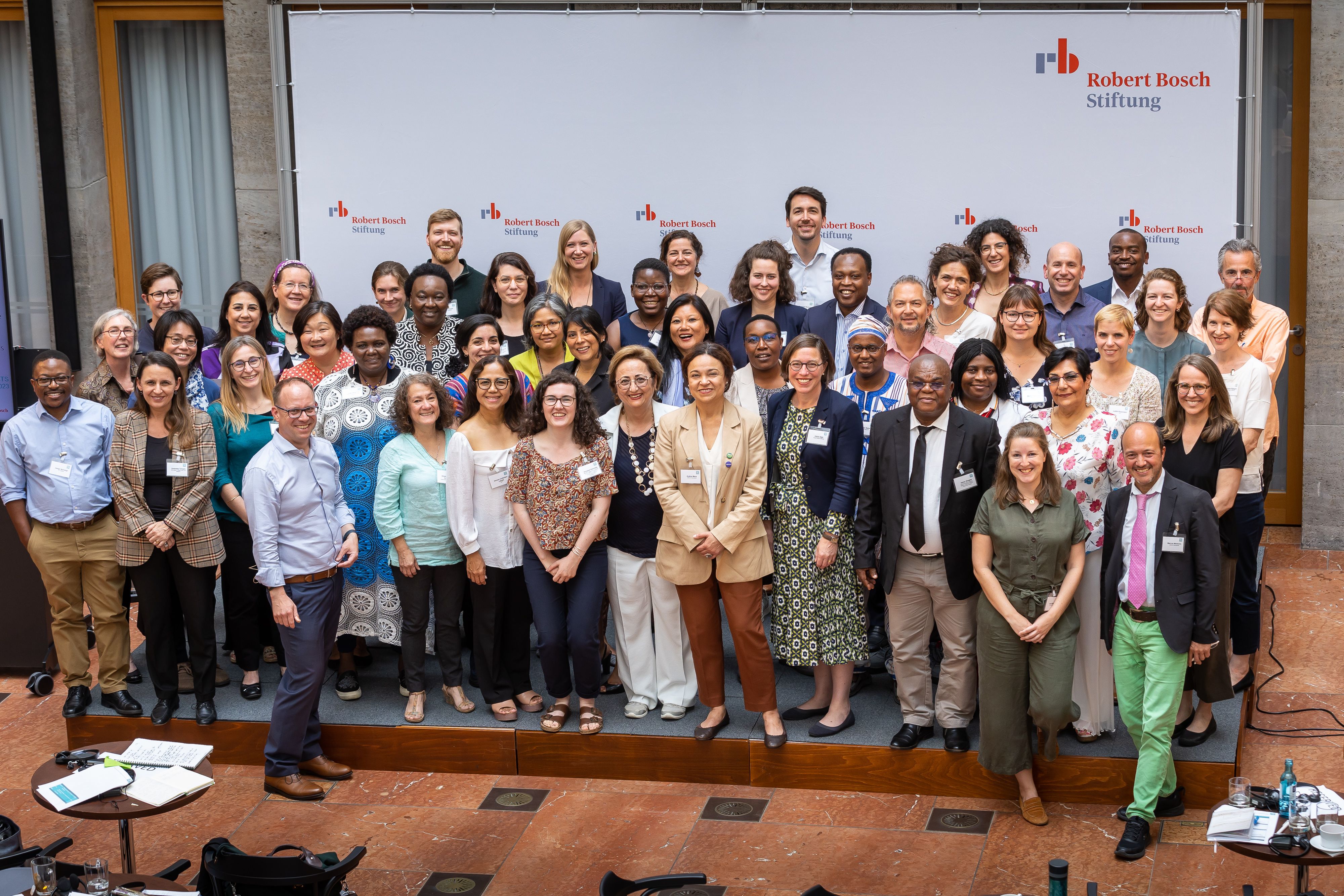
Commitments, collaboration and connections - takeaways from a Strategy Workshop on Women's Rights to Land and the Rio Conventions
During 3-5 July 2023, I had the privilege to participate in a Strategy Workshop on Women’s Land Rights and the Rio Conventions (climate change [UNFCCC]; biological diversity [UNCBD]; and combatting desertification [UNCCD]). Co-organised by the TMG Think Tank for Sustainability, the Robert Bosch Foundation, and the UN Convention on Combatting Desertification, the workshop was the first time that actors working across the three conventions were brought together to exchange and develop concrete actions on strengthening women’s land rights.
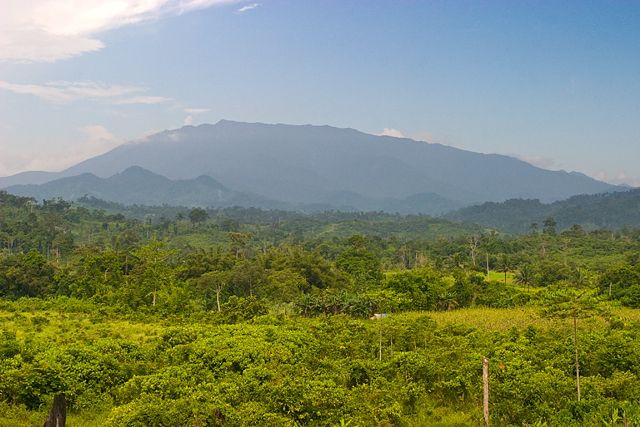
Green Livelihoods Alliance hails Supreme Court’s Writ of Kalikasan against Palawan miners, DENR
The Green Livelihoods Alliance in the Philippines lauds the Writ of Kalikasan issued by the Supreme Court of the Philippines last August 16, 2023, to compel the the Department of Environment and Natural Resources, Mines and Geosciences Bureau, Ipilan Nickel Corporation and Celestial Nickel Mining and Exploration Corporation to provide evidence to dispel concerns regarding the potential harmful impact of a mining project to the Mt. Mantalingahan Protected Landscape.
